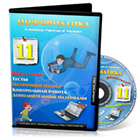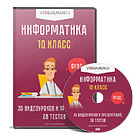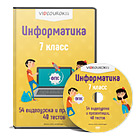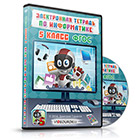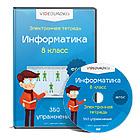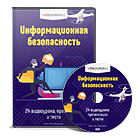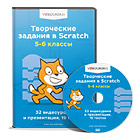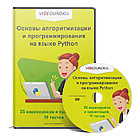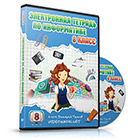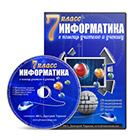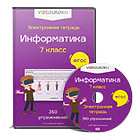| Organization moment
| 8 min
| Good morning pupils Who is on duty today? Who is absent? What date is it today? What day is it today? Dividing into 4 groups: І group ІІ group III group IV group
Group A – will speak about education in Great Britain Group B – will speak about education in KZ. Group C – will speak about primary education in Great Britain Group D – will speak about secondary education in Great Britain I hope you`ll find something interesting and new for yourselves.
Let`s check up your home. Listen to the sentences and say if they are true (T) or false (F). If the sentence is false, correct it. 1. Before going to school, children stay at home until they are six. F 2. They study at primary school for 5 years: one year in a preparatory class and 4 years at primary school. T 3. Children only play, sing songs and dance at primary school. F 4. You can’t leave school after the 9th form. F 5. Pupils learn different subjects at secondary school. T 6. There are no exams at our schools. F 7. There are specialized art, music, ballet and sport schools in Kazakhstan. T 8. Secondary education in our country is free of charge. T 9. We have only state secondary schools. F |
Pupils choose the pictures then dividing into 4 groups.
Pupils listen the sentences, then say if they are true or false. If the sentence is false, correct it. |
| Main part
| 18 min
| Teacher: Our president N.A.Nazarbayev said: “Every person in our country must know three languages: Kazakh as a state language, Russian as a language of international communication and English as a widespread language in the world, as a language of business and new technology.” And our pupils know these languages well and now they show us their knowledge. Introducing groups Group A: Hello! We are glad to see you! Our group is from Great Britain. I`m Kamila. I like to read about the USA: this is Zhainagul, she is fond of music and dancing, this is Magzhan, he is very clever, Enlik is brave. Group B: Salem. How nice to meet you! You are welcome to our country. We want to know about your country`s education. My name is Renata. Diana and Zarema are beautiful. Aibek is handsome and hardworking. Group C: Hello! Our group`s names is “The Best”. My name is Zhanna. Group D: Hello! My name is Azat. Her name is Akerke. His name is Almat. Group A: Education in Great Britain In Great Britain education is compulsory for all children from 5 to 16 years of age. Parents can choose to send their children to a nursery school or a pre-school play group to prepare them for the start of compulsory education.
State schools in Britain are free, and schools provide their pupils with books and equipment for their studies. Ninety per cent of schools in England, Scotland and Wales are co-educational. That means that boys and girls are taught together in the class. Along with the state schools, there are about 500 private schools in Britain. Some private schools are boarding schools, where the children actually live in the school. Private schools usually offer only the most academic line. The most expensive private schools are called "public schools" and they have a long history and tradition. Among the most famous public schools are Winchester, Eton, Westminster, Rugby and Harrow.
At the age of 16 pupils take General Certificate of Secondary Education exams in several subjects. After that they can try to get a job, go to college of further education. If they stay at school after 16, they take school-leaving A-level exams at the age of 18. After that, they may choose to go to a university or a college of higher education. Marks in Great Britain
A - excellent - өте жақсы
B - very well - жақсы
C - satisfactory - қанағаттанарлық
D - poor - жаман
E - unsatisfactory – қанағаттанарлықсыз Group B: Education in Kazakhstan.
All Kazakh children have the right to education. There are different types of schools in Kazakhstan. We have private and state schools. In private schools people pay money for their education. There are secondary schools: lyceums, grammar schools, specialized schools. Children can choose any of these schools according to their abilities. Education in our country lasts for 11 years. It consists of primary and secondary education. Primary education starts at the age of seven and continues for four years. The primary school timetable includes Kazakh, Russian, Maths, Reading, Drawing, P.E, English and Music. After four years of primary school classes pupils go on to secondary school where they study different subjects: Kazakh, Russian, Literature, Maths, Physics, Chemistry, English, History, Geography, Biology and P.E. Pupils go to school six days a week. The school year begins in September and ends in May. The summer holidays are from June to September. After finishing the ninth form students must take four examinations. Marks in Kazakhstan
5 - өте жақсы - excellent
4 - жақсы - very well 3 - қанағаттанарлық
2 - unsatisfactory – қанағаттанарлықсыз Group C: Primary education in Great Britain Education in Britain is compulsory and free for all children. Primary education begins at the age of 5 in England, Wales and Scotland, and 4 in Northern Ireland. It includes three age ranges: nursery for children under 5 years, infants from 5 to 7, and juniors from 7 to 11 years old. In nursery schools babies don’t have real classes, they learn some elementary things such as numbers, colours and letters. They play, have lunch and sleep there. Children usually start their school education in an infant school and move to a junior school at the age of 7. In Primary School and First School children learn to read and write and the basis of arithmetic. In the higher classes of Primary School children learn geography, history, religion and in some schools a foreign language. Then children go to the Secondary School. Group D: Secondary education in Great Britain Compulsory secondary education begins when children are 11 or 12 and lasts for 5 years: one form to each year. Secondary schools are generally much larger than primary ones. Compulsory secondary education begins when children are 11 or 12 and lasts for 5 years. Secondary school is traditionally divided into 5 forms: a form to each year. Children study English, Mathematics, Science, History, Art, Geography, Music, a Foreign language and have lessons of Physical training, Religious. At the age of 7,11 and 14 pupils take examinations in the core subjects. About 5 per cent of schoolchildren attend fee-paying private or public schools. The most famous British public schools are Eton, Harrow and Winchester. The large majority of British schools teach both boys and girls together. But grammar schools, which give state secondary education of a very high standard, teach boys and girls separately. Sing a song: “They are teaching” What school is teaching.
1.To write words like Motherland
In a neat and knowing hand
School is teaching, school is teaching, school is teaching.
Add up figures with a run
Not to tease a younger one
School is teaching, school is teaching, school is teaching.
2.How to build a house for birds
And correctly spell the words
School is teaching, school is teaching, school is teaching.
To be kind and care the books,
Mind our way and mind our looks
School is teaching, school is teaching, school is teaching.
3.To explain the grammar rules,
Watch the raindrops hit the pools
School is teaching, school is teaching, school is teaching.
To obey as well as lead
And to be a friend in need
School is teaching, school is teaching, school is teaching
|
Pupils introduce their group, make a poster, then protect it.
Group A read the text about education in Great Britain, Group B read the text about the education in Kazakhstan and in Great Britain. They make a poster and protect it.
Let`s sing a song |
| Conclusion
| 8 min
8 min | Securing vocabulary on theme. Let’s relax and do a funny exercise. There are some word combinations. Tell me please what teachers usually do and what students usually do. For example: Pupils usually …………… Teachers usually…………… ask clever questions, read stories at the lesson, draw funny pictures on the blackboard, listen to a walkman at the lesson, discuss different problems, enjoy learning English, explain grammar rules, learn poems by heart, have holidays a year, give instructions, play jokes, talk loudly during the break, do homework every day, give bad marks, get good marks
Well, let`s answer the questions with the method “Quick answer”. What kind of schools are there in Kazakhstan? What does a primary school consist of? How many years do pupil study at secondary school? What school subjects have you got at your school? How many year of study are compulsory in our Republic? What holiday do you have every year? How long does every lesson start? Name the private schools in Great Britain.
Reflection:  I liked the lesson. It was interesting and not difficult for me. I liked the lesson. It was interesting and not difficult for me.  The lesson was interesting, but there were some difficulties. The lesson was interesting, but there were some difficulties.

The lesson was boring, I haven’t learnt anything Home task: to learn by heart new words, to retell the topic.
|
Answer the questions.
Pupils say their opinion about the lesson.
|

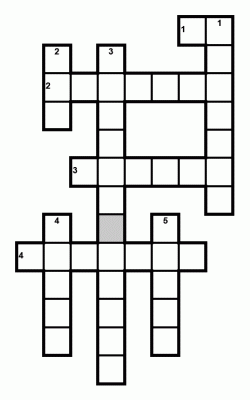
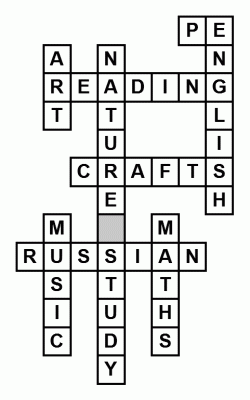
 I liked the lesson. It was interesting and not difficult for me.
I liked the lesson. It was interesting and not difficult for me. The lesson was interesting, but there were some difficulties.
The lesson was interesting, but there were some difficulties.
